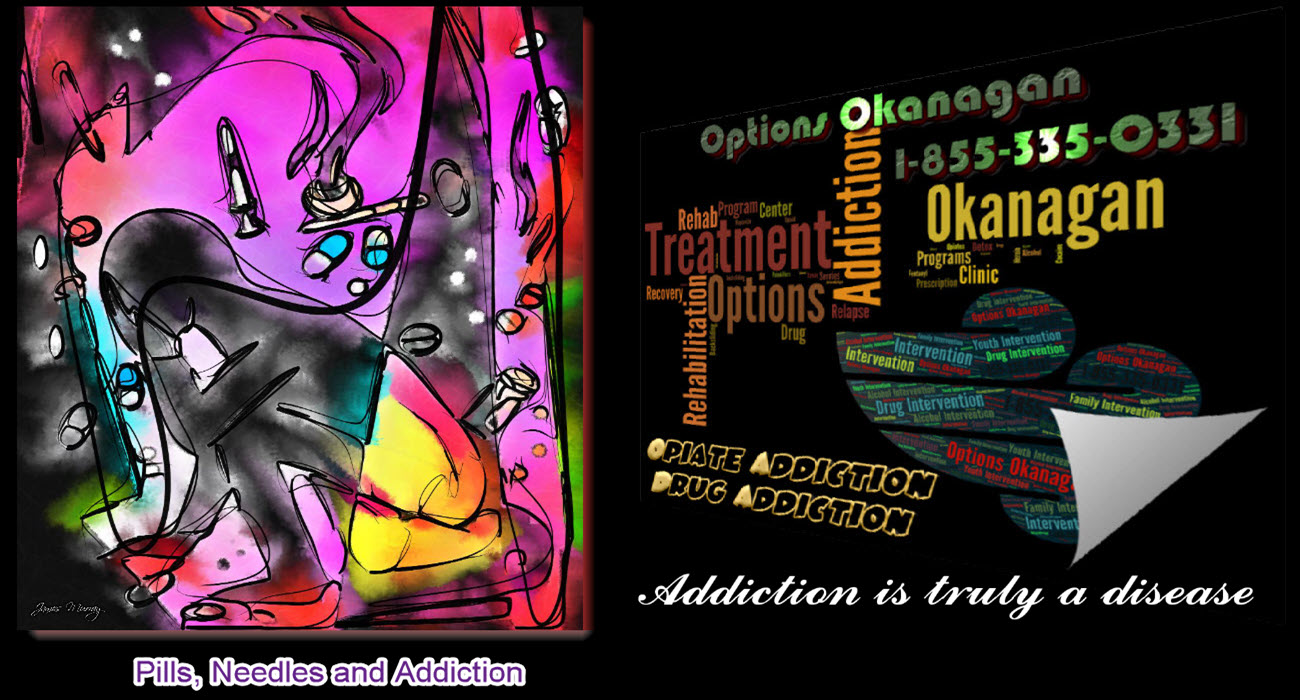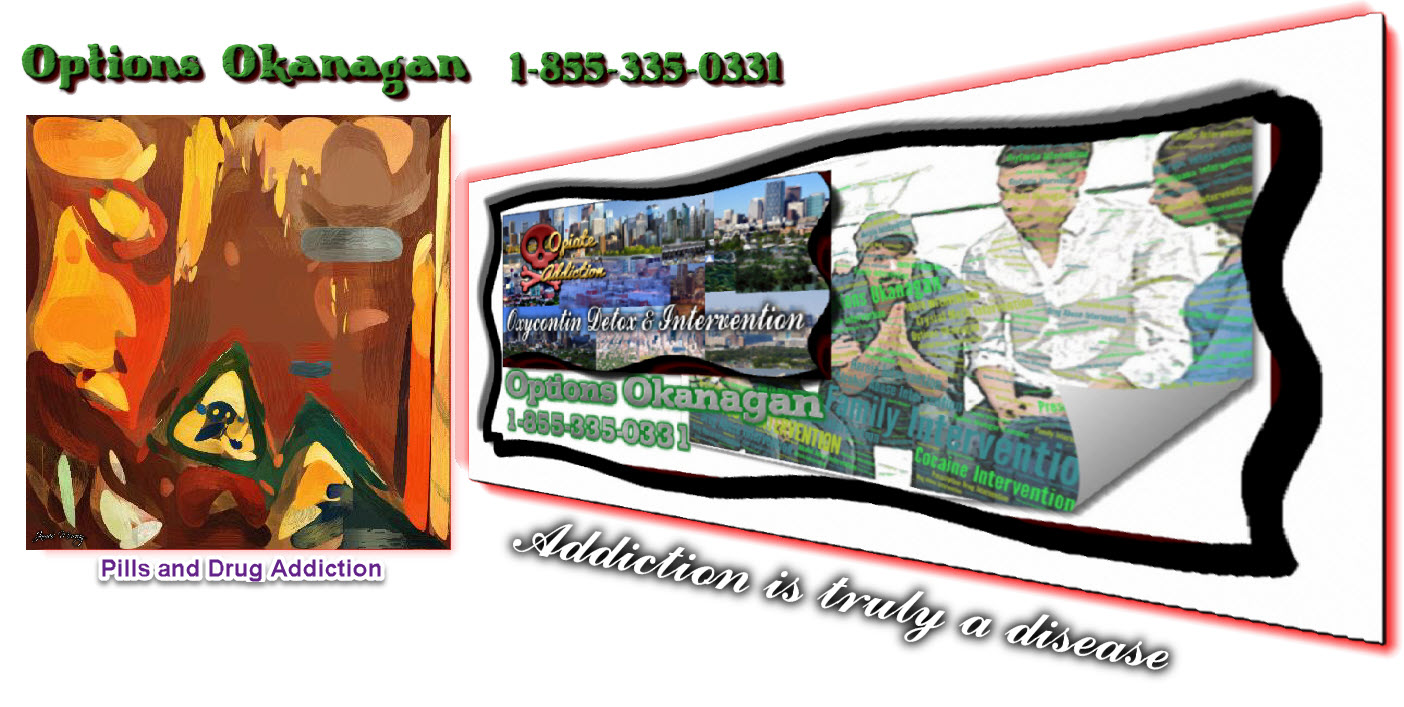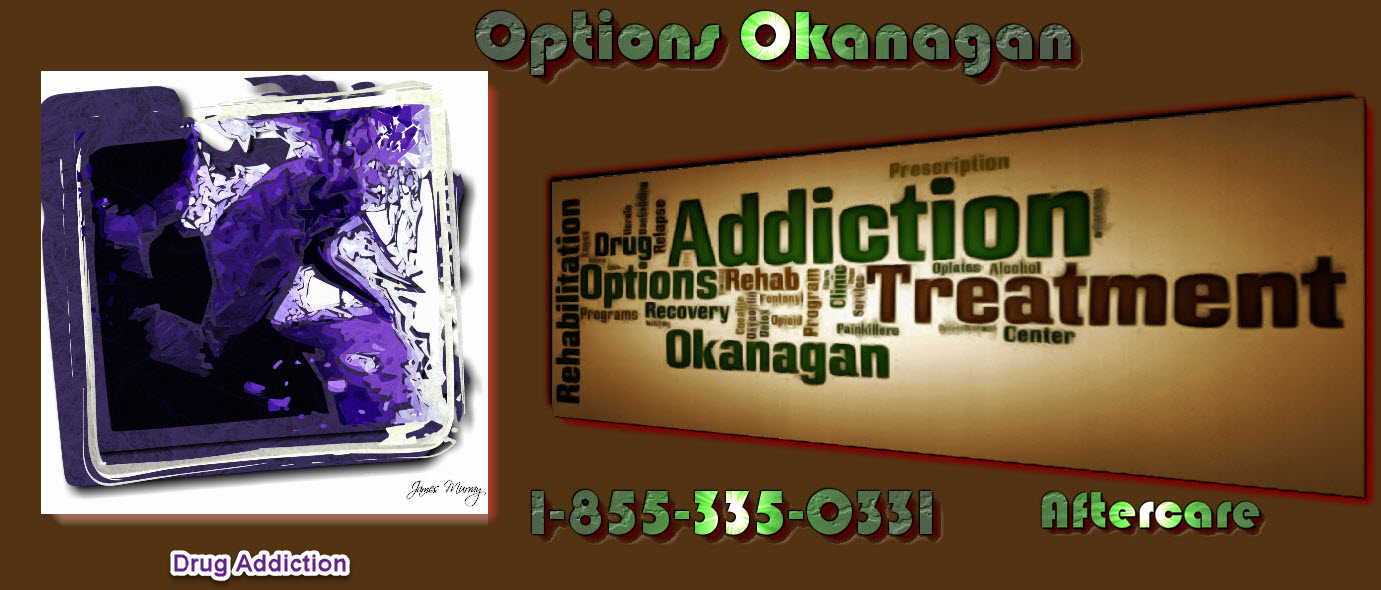When is the right time to intervene and perform an intervention? Drug opiate and alcohol addictions – Drug Rehab Programs for recovering addicts in British Columbia and Alberta – Options Treatment Center in Kelowna, British Columbia treating drug, opiate, fentanyl, heroin, and alcohol addiction and recovery.
Drug Rehab In Alberta And BC
When should the intervention happen? Most importantly, what is happening right now in the addict’s life and less to do with the family’s schedule.
The best time to intervene is immediately after a major event, such as an overdose. Either events like arrest or an offense of theft, lying, or a partner just walks away because of the drug or alcohol addiction and the problems that come with it. If the addict shows remorse, or guilt for what he or she has done, this is the time to be persuaded.
Even if this situation does not exist, intervention can work, especially if family members are close to the addict on a daily basis, so that even the smallest situations are known. The life of an addict is one giant train ride in an amusement park, so an addict may be able to deny that he or she has a problem if they manage to fake it on their relatives, and in most families that is impossible. It is important to consider the dynamics in selecting family members to be included in the intervention.
Another important point to keep in mind when deciding when to intervene is to determine when the addict is least affected by the drug. If methamphetamine or cocaine is involved, this should be first thing in the morning after bedtime. With opiates, methadone, or heroin involved, the best time to intervene is when the addict begins to withdraw. In each of these situations, attempts to intervene when someone is very high are usually ineffective because the addict may not be able to see much of their problem. The addict’s attention will surely be elsewhere.
In general, the timing of the intervention is very important and needs to be planned. However, addicts’ lives are also quite unstable, so opportunities often arise.
What is a common message or common language used?
The tone of the intervention must have been worrying. Intentions must be firm and clear.
The message is we love you, we love you always, and we will never stop loving you, but we all hesitate to step aside when you kill yourself.
After all, family members should take care of the addict, but not be merciful. Sympathy is a kind of approval and can justify addiction and setbacks.
Everyone involved in the intervention must ensure that the addict understands that they are aware of the addiction that needs to be treated. Don’t let the addict bring up other family problems to distract from the problem or make it meaningless. You can usually hear the addict initially discussing how much Uncle Mike or Grandpa Jake drank. Do not let the addict deviate from the intentions of the intervention group. It’s all about their problem. It’s helpful to know that most addicts are partial, which means that their attention is constantly on alibis and excuses and they miss a lot of what family members report. A good rule of thumb is to repeat everything you want the addict to understand and hear at least three times. You’re not talking to someone who can easily follow your conversation, so it’s important to convey and repeat your message slowly and with strong intent.
Options Okanagan Opiate and Alcohol Treatment Centers in Kelowna, Salmon Arm and Vancouver, British Columbia – Men and Women are recovering and healing from Alcohol and Drug Abuse at our treatment center here in the Okanagan right now.
Our unique and distinctive Opiate Drug and Alcohol treatment program allows men and women to come in from Calgary as well as Edmonton as we offer airport pickup.
Numerous clients come to us from Vancouver, Calgary, and Edmonton and other locations in Alberta and even other provinces for Opiate addiction treatment, heroin drug treatment, many other drug and alcohol addictions for rehabilitation because of the uniqueness of our treatment center.
Our (Kelowna ) Alcohol and Drug Treatment Program Location:
(Not Mailing Address) Contact Us – Web Page
For Mail Delivery :: Please contact each center for correct mailing addresses, also this location is the location of our residential treatment programs in Kelowna. Please call Toll Free 1-855-335-0331 to contact the treatment center you are going to for the address and directions.
Options Okanagan Drug and Opiate Treatment Center
551 Sherrydale Crescent, Kelowna, British Columbia, V1V 2E6
Toll-Free Phone Number: 1-855-335-0331




